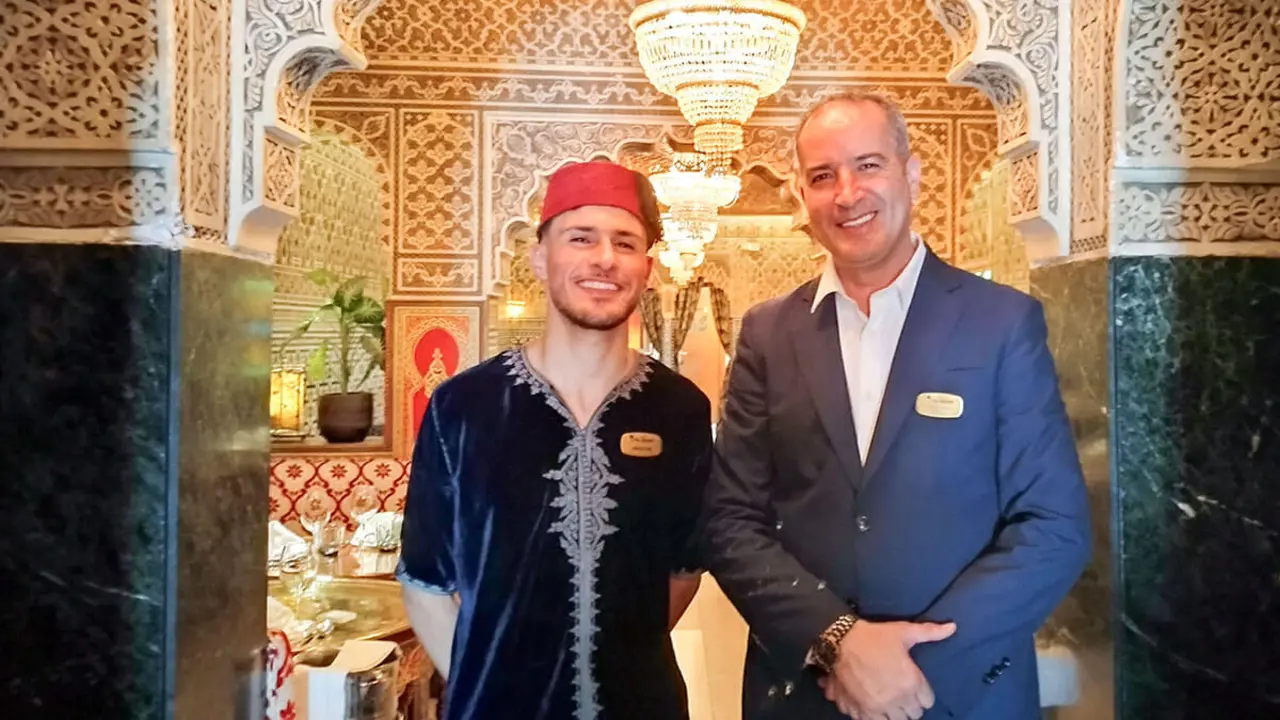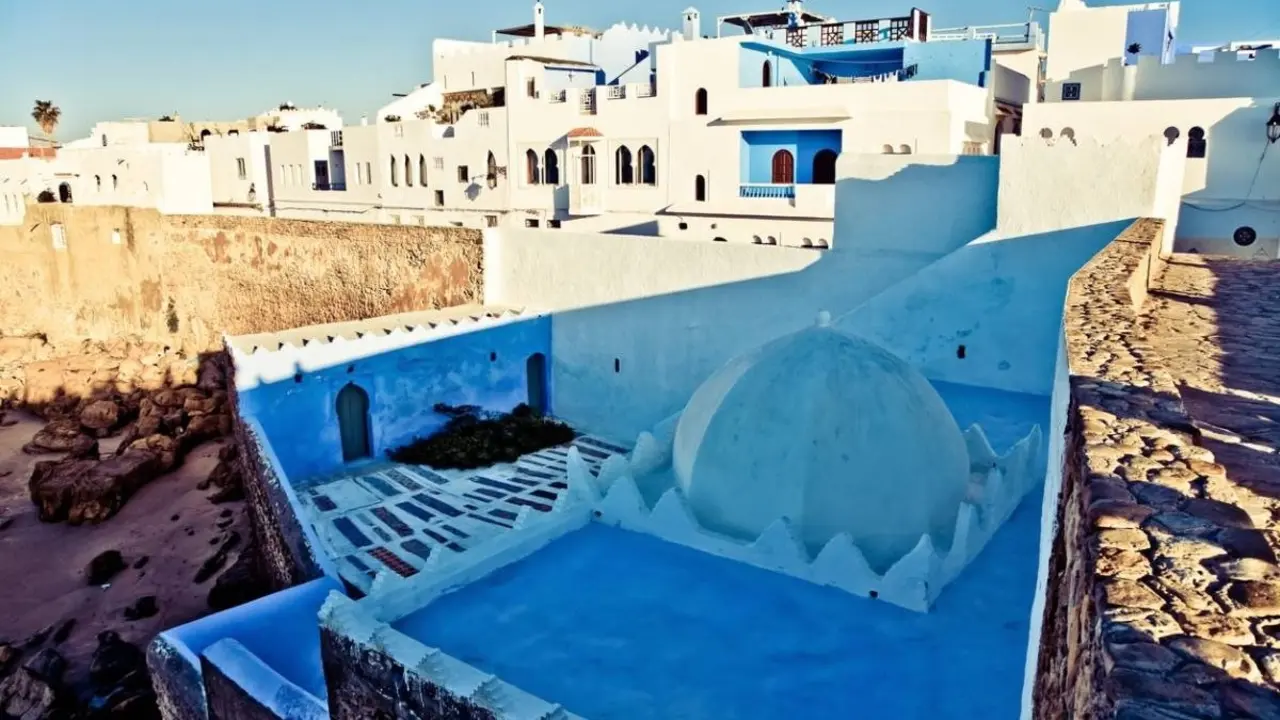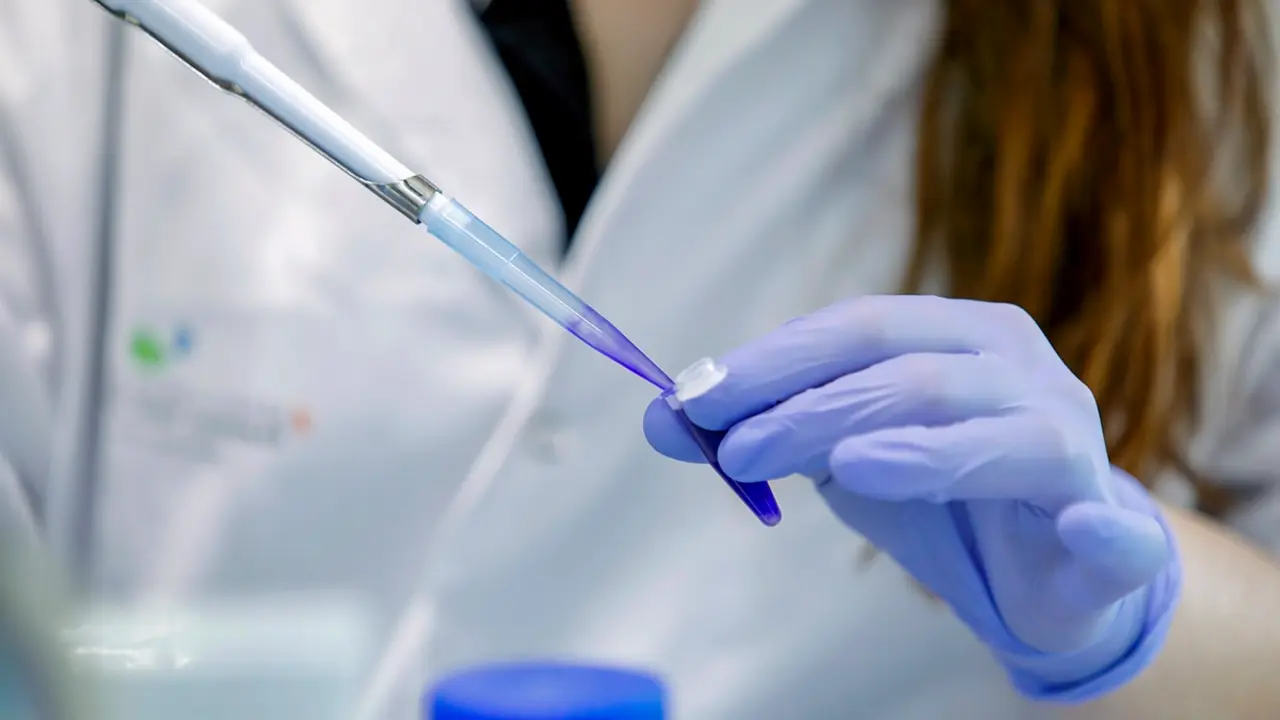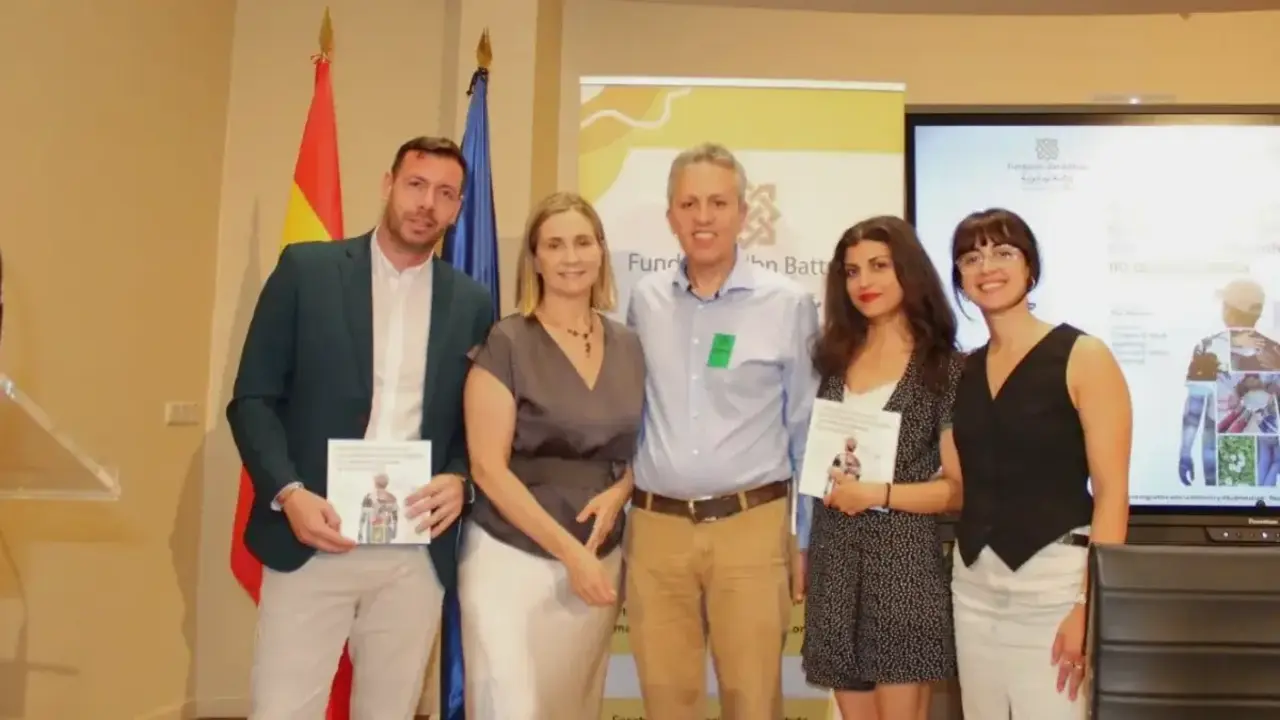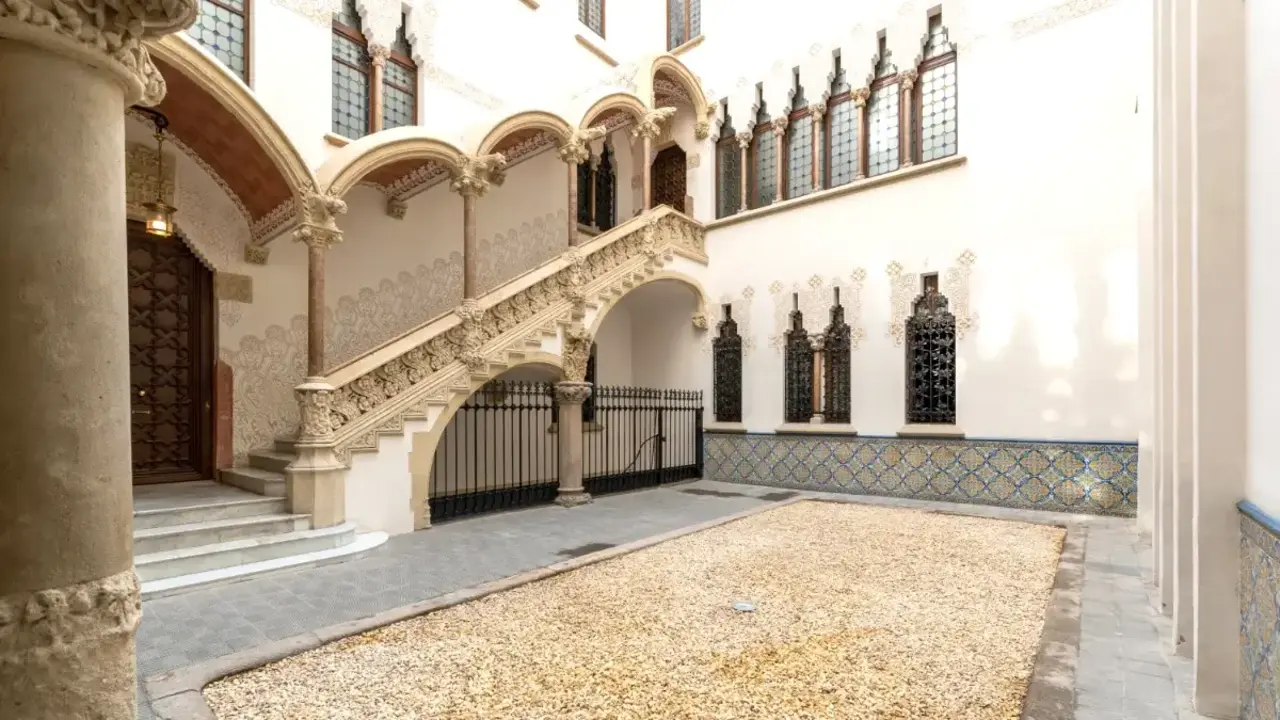Slavery in Mauritania: in the UN spotlight

As of 2018, an estimated 90,000 people were held as slaves or subjected to slavery or human trafficking practices within Mauritania. 2.4% of Mauritanians, expanding to 62% when it comes to the population vulnerable to these types of practices. The United Nations Human Rights Council (HRC) is now assessing the human rights situation in the Sahel country in general and slavery in particular.
The HRC is responsible for conducting the Universal Periodic Review (UPR), is "a unique process which involves a review of the human rights records of all UN Member States", according to the HRC website. Through a national report (from the government itself), another report developed by the HRC and a final report that brings together different actors in the country in question, the HRC prepares a final document that describes the human rights situation in the country under review.

Mauritania, along with other countries such as Australia, Lebanon and Rwanda, is currently awaiting the HRC's final report, as the 37th session of the Human Rights Council devoted to the evaluation of these countries ended on January 29.
Figures on the prevalence of slavery in Mauritania were estimated in 2018 by the Walk Free Foundation, working with the International Labour Organisation (ILO) and the International Organisation for Migration (IOM). 90,000 people under slavery regimes is the most recent figure available for the African country. Indeed, it is an estimate, as the government does not collect data in this regard despite UN recommendations as a necessary step towards the complete eradication of this scourge.
Slavery in Mauritania is not to be understood outside the caste system that for centuries has forged its own hierarchy on the basis of race or ethnicity. To do this, Mauritania must be thought of as a vast territory where the Arab north meets sub-Saharan black Africa. From the 13th century, Berber populations from the north of the continent began to settle and fight for the conquest of the territory which is now Mauritania. A hierarchy began in which these Berber-Arabs became the dominant race and were called Bidan, meaning white. They dominated over the Haratin, the black Arabs historically enslaved by the Bidan, and other black ethnic groups also present in the country, non-Arabs and called Kory by the two previous groups. The latter group includes the Halpulaar, Wolof and Soninké or Sarakollé.

Both the black-Mauritanian ethnic groups and the Haratin have been the historical slaves of the Bidan. This hereditary condition is still maintained in the form of forced and unpaid domestic labour, among others. It has also been reflected in the structure of the country where the Bidan occupy more positions of power and the Haratin have been relegated to jobs despised by the Bidan.
However, estimates - there are no official statistics - suggest that 20-30% of the population is Moorish Arab (Bidan), 50% Haratin and 20-30% black-Mauritanian (Halpulaar, Wolof and Soninke). This makes it clear that a light-skinned minority has enslaved a black-skinned majority.

The Islamic Republic of Mauritania was the last country in the world to ban slavery in 1981 and it was not until 2007 that it was criminalised. Five years later it was included as a crime against humanity in the Mauritanian Constitution and in 2015 an extensive law was developed that incorporated the crimes provided for in the international instruments against slavery, established its imprescriptibility and provided for the creation of three special courts to judge this type of practice.
Despite all this legislation, the United Nations remains concerned that it is not being fully implemented. This is something that organisations such as SOS Slaves and the Initiative for the Resurgence of the Abolitionist Movement (IRA) have been denouncing for years, committed to the liberation of slaves throughout the country.
Both associations, along with others, have denounced the low representation of the Haratin in the organs of power, the poor implementation of the 2015 law and the repression suffered by anti-slavery activists. Human Rights Watch reports in its latest report on Mauritania, the detention of IRA activist Mariem Cheikh for 8 days last April. A repression also suffered by IRA leader Biram Dah Abeid in 2012 after the burning of a Malikite theological book (Sunni school of Islamic law), which according to MEP Fiorello Provera (EPD) is "a text that affirms that slavery is a practice that embraces the Islamic faith". Biram Dah Abeid, however, managed to be the second most voted candidate in the 2019 presidential election.
There are still three months to go before the results of the UN Human Rights Council's review of Mauritania are known. Not only slavery, but also freedom of expression will be on the table. All this surrounded by the ten years, this February 2021, of the demonstrations against the previous president of the Islamic Republic, Mohamed Ould Abdelaziz, when the creation of a national anti-slavery agency and reforms to increase freedom of expression, among others, were the main demands of Mauritanians.

